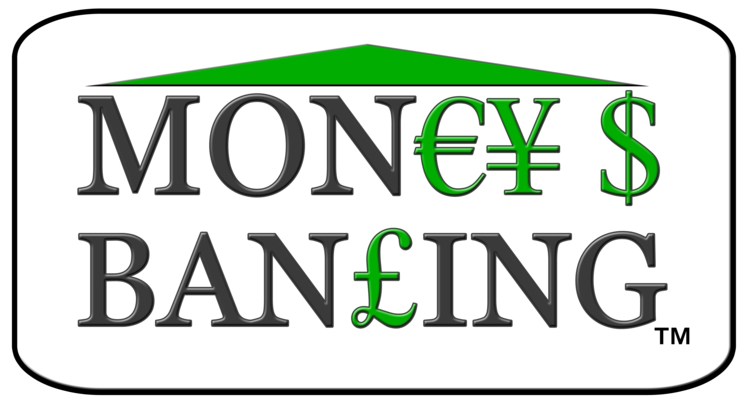People use a variety of statistics to gauge how the economy is doing. It is fairly straightforward to measure nominal GDP, so the challenge of estimating real economic growth arises from the need for accurate measures of prices. Price measurement also is key for inflation-targeting central bankers, who need a number as a guide and for public accountability. To be credible, that number must be based on an index constructed using established scientific methods.
Reflecting a set of well-known (and nearly insurmountable) difficulties, measured inflation has an upward bias. That is, the inflation numbers that statistical agencies report are consistently higher than the theoretical construct we would like to compute. As a consequence of this upward bias in inflation measurement, our estimates of growth in real output and real incomes are systematically too low.
The big question today is whether the bias in inflation measurement, and hence the bias in the measurement of growth, has increased in recent years. As Martin Feldstein describes in detail, the answer to this question is important, as it affects how we collectively view long-run progress. If published statistics show sluggish real growth, as well as slow growth in real wages and incomes, then people may be unduly pessimistic. A worsening bias would add to that pessimism.
In practice, however, careful recent analysis suggests that inflation measurement bias has not changed much since the early 2000s….
Read More